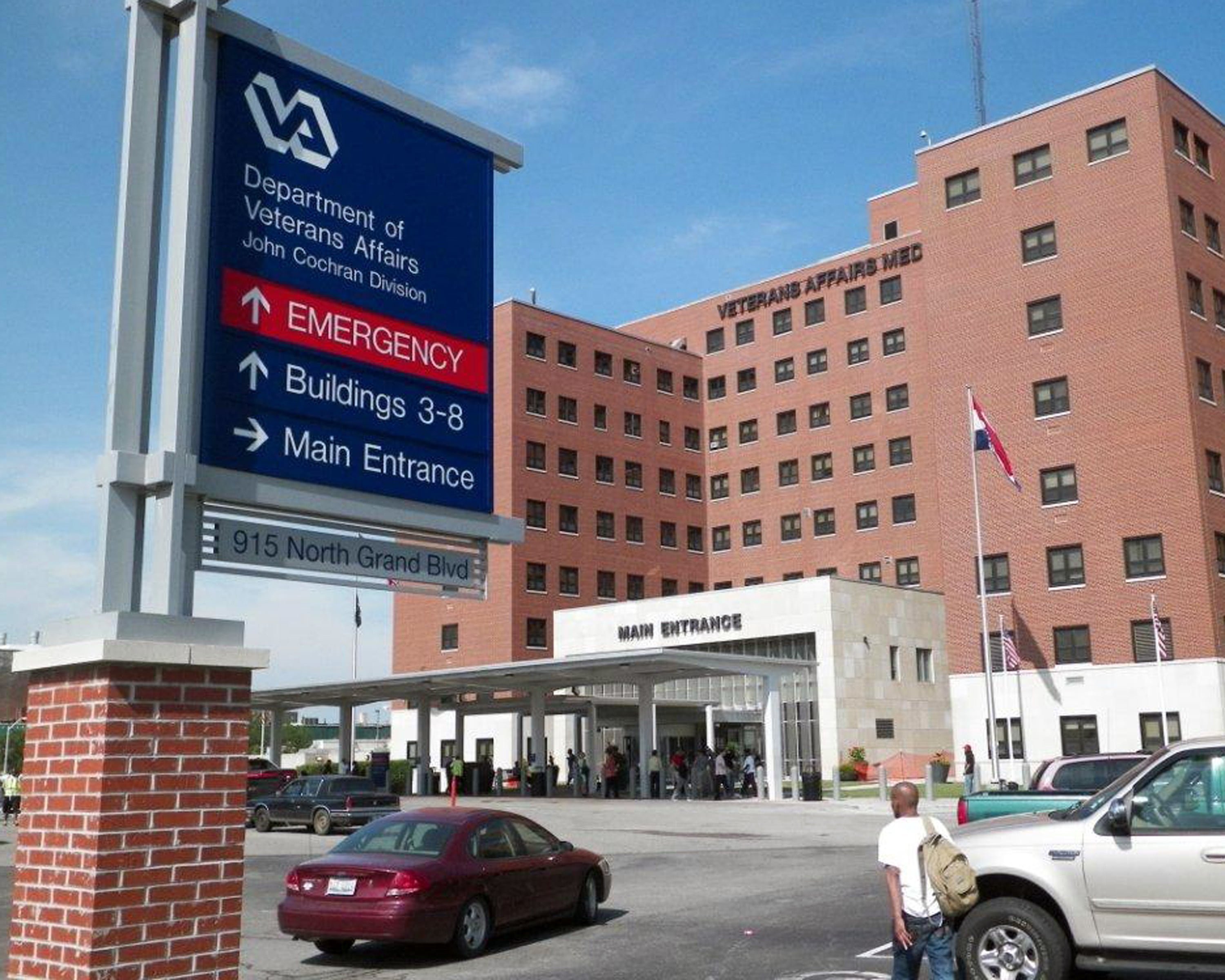The combination of job losses, social isolation and mounting anxiety connected to the coronavirus pandemic could hit veterans especially hard in coming weeks and months, according to a new analysis by veterans advocates released Thursday.
“COVID-19 could create a ‘perfect storm’ of developments that could threaten the mental health of many veterans,” said Rajeev Ramchand, research fellow at the Bob Woodruff Foundation and author of the research paper.
“If we aren’t strategic and working proactively, social isolation coupled with anxiety about potentially getting sick and losing their job could lead to grave outcomes for many veterans.”
The report comes a day before the release of national unemployment figures for March, which are expected to show the initial effects of the widespread shutdown resulting from the fast-spreading coronavirus outbreak.
RELATED

More than 217,000 Americans have tested positive for the virus in the last month, including about 1,600 patients under Veterans Affairs health care. More than 4,700 U.S. citizens have died from the illness.
The White House has advised all Americans for the last two weeks — and for most of April — to avoid any gatherings of more than 10 people and to work from home where possible. Nearly 3.3 million Americans filed for unemployment benefits last week as a result of non-essential businesses being suspended or closed.
The Woodruff Foundation report notes that veterans may be among the most vulnerable of those workers.
“While COVID-19 is impacting all of us, our mission is to keep the public’s eye on the needs of our veterans, caregivers, and military families — especially during these particularly trying times,” said Anne Marie Dougherty, CEO of the group.
About one in every seven veterans employed in America today works in an industry considered high-risk for layoffs in coming weeks (Mining and oil/gas extraction, transportation, employment services, travel arrangements, and leisure and hospitality).
In addition, “about 500,000 veterans live across the 15 (major U.S.) cities where economic effects will be most pronounced,” the report notes.
Even before the current crisis, surveys showed that more than one-third of post-9/11 veterans had challenges paying their bills. Nearly 60 percent of in their 30s or 40s had significant credit card debt, compared to less than 50 percent for non-veteran households.
In addition to the financial worries, veterans already facing mental health difficulties could see those problems aggravated by public health efforts to stop the outbreak.
RELATED

“Social distancing and self-quarantining are necessary to help control the spread of COVID-19, but they can also increase the sense of loneliness of veterans, many of whom reported often feeling lonely even before COVID-19,” the report states.
“There is likely to be a surge in demand for mental health care services, but even before COVID-19 the nation was only meeting a quarter of the demand."
Normally, veterans advocates would help fill in those financial and emotional support needs. But the report notes that “these organizations often have limited financial resources and their continued existence is threatened” by the same financial problems facing other American businesses.
Foundation officials hope the report can focus attention on veterans, to encourage that more resources and intervention can be focused on them at a time when other problems could overwhelm their specific challenges.
The full report can be read at the foundation’s web site.
Leo covers Congress, Veterans Affairs and the White House for Military Times. He has covered Washington, D.C. since 2004, focusing on military personnel and veterans policies. His work has earned numerous honors, including a 2009 Polk award, a 2010 National Headliner Award, the IAVA Leadership in Journalism award and the VFW News Media award.





